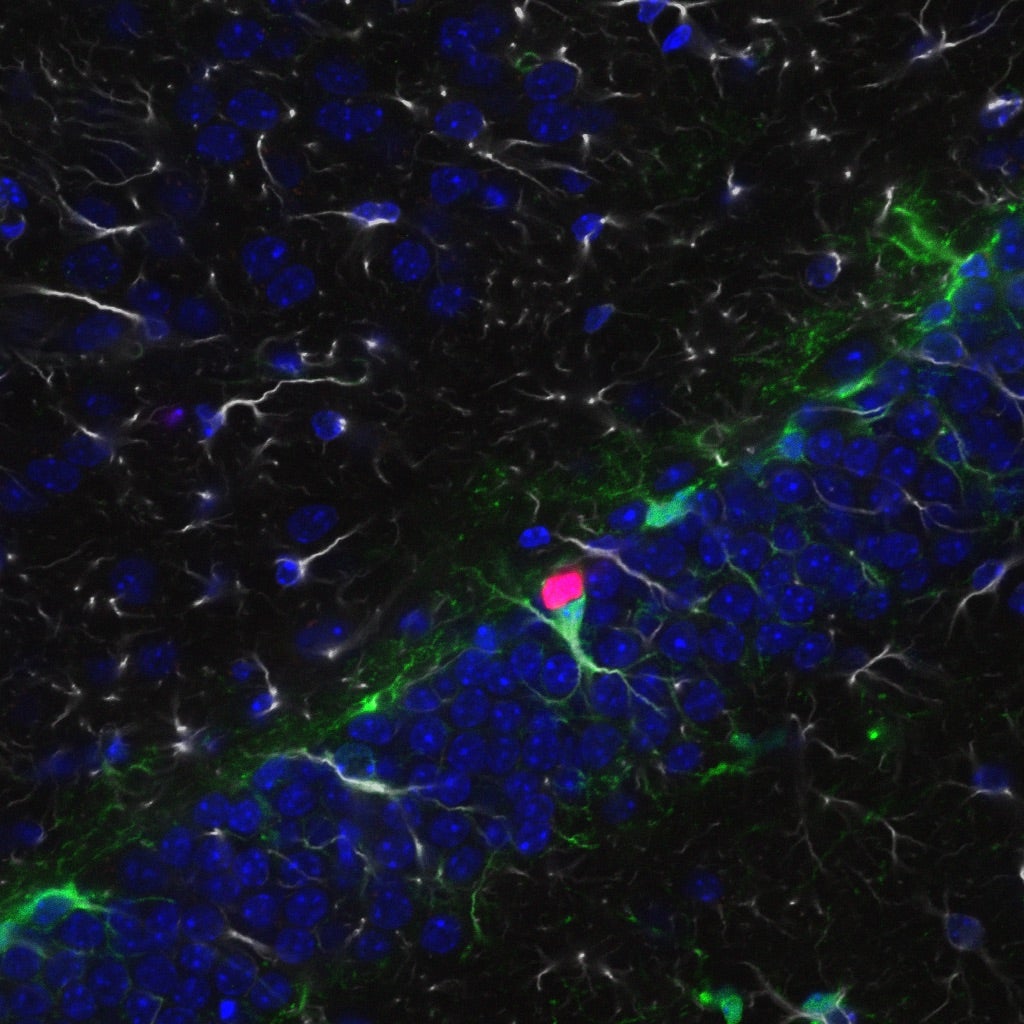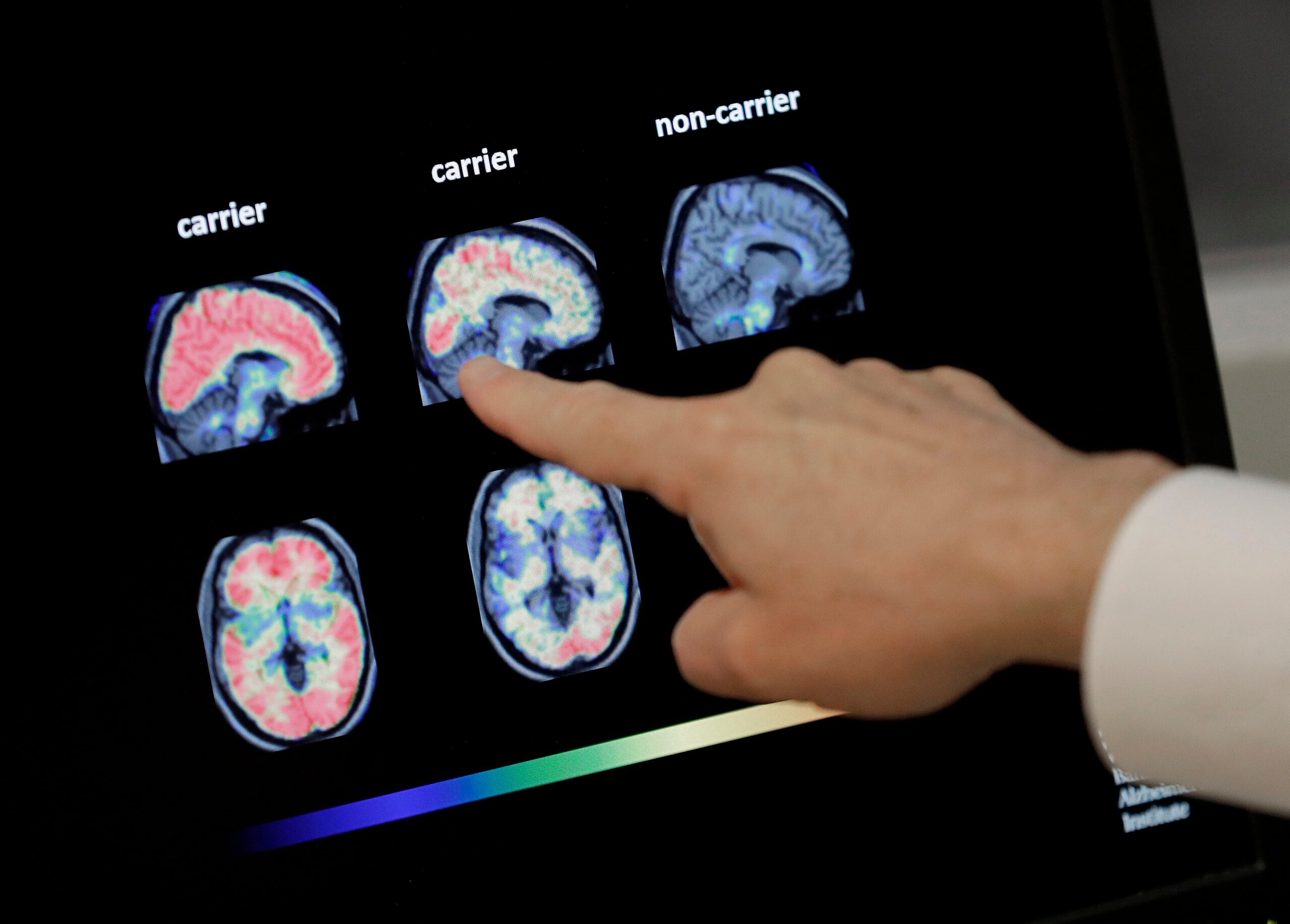University of Wisconsin-Madison researchers say a study performed on mice with fragile X syndrome shows a possible path to improving memory and learning for people with the condition. Fragile X is the most common cause of inherited intellectual disability.
In the study, mice with fragile X syndrome were given an experimental cancer drug called Nutilin-3 to generate specialized cells needed to think. Xinyu Zhao, a professor of neuroscience at UW-Madison leading the study, said the drug coaxes stem cells to make neurons.
“We use a much lower dosage than they used for cancer treatment because in cancer treatment you want to kill the dividing cells, which are mostly the cancer cells in the body,” Zhao said. “But in our case, we want to control the division of neural stem cells without killing them.”
News with a little more humanity
WPR’s “Wisconsin Today” newsletter keeps you connected to the state you love without feeling overwhelmed. No paywall. No agenda. No corporate filter.
Zhao said it’s too soon for tests on humans. Researchers need to find out how long the treatment lasts in reversing memory impairment and whether it works on younger mice .
The study is supported by grants from the National Institutes of Health. It was published in the journal Science Translational Medicine.
Wisconsin Public Radio, © Copyright 2026, Board of Regents of the University of Wisconsin System and Wisconsin Educational Communications Board.







